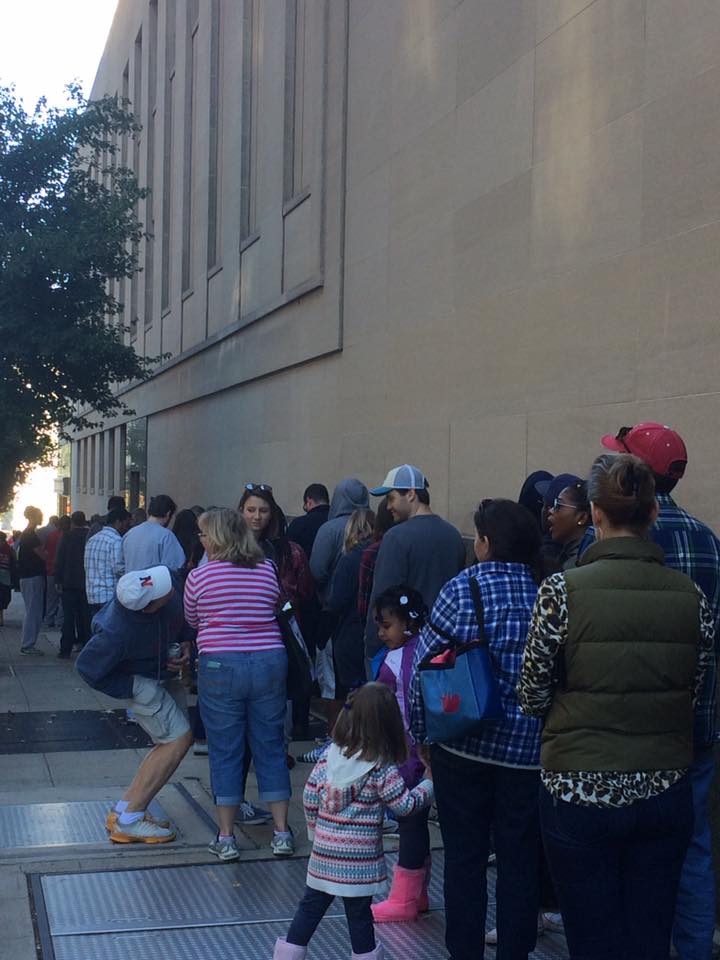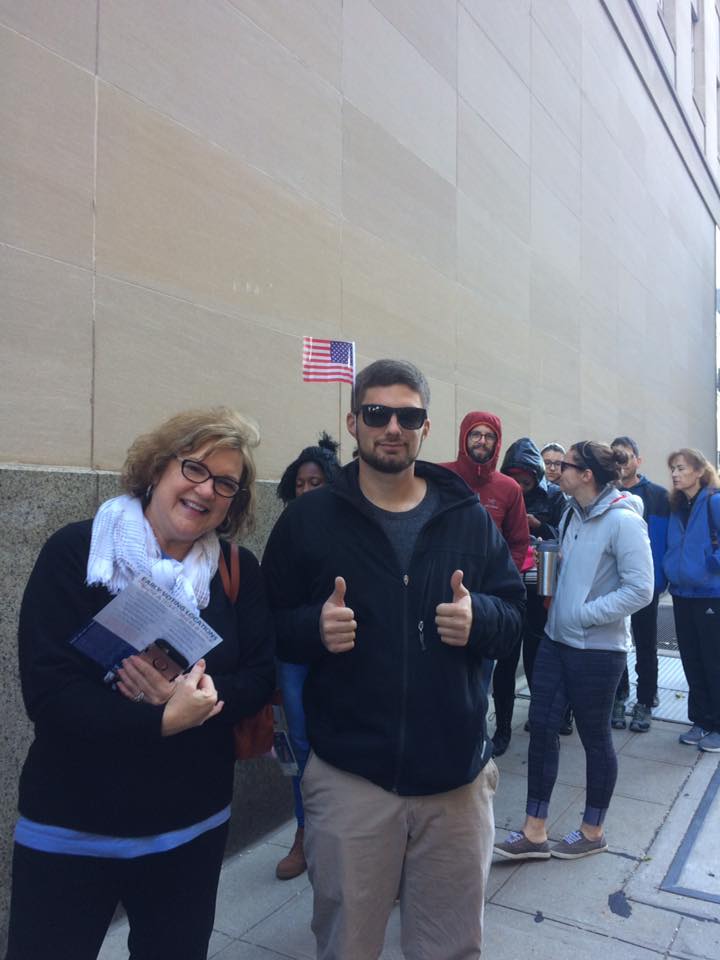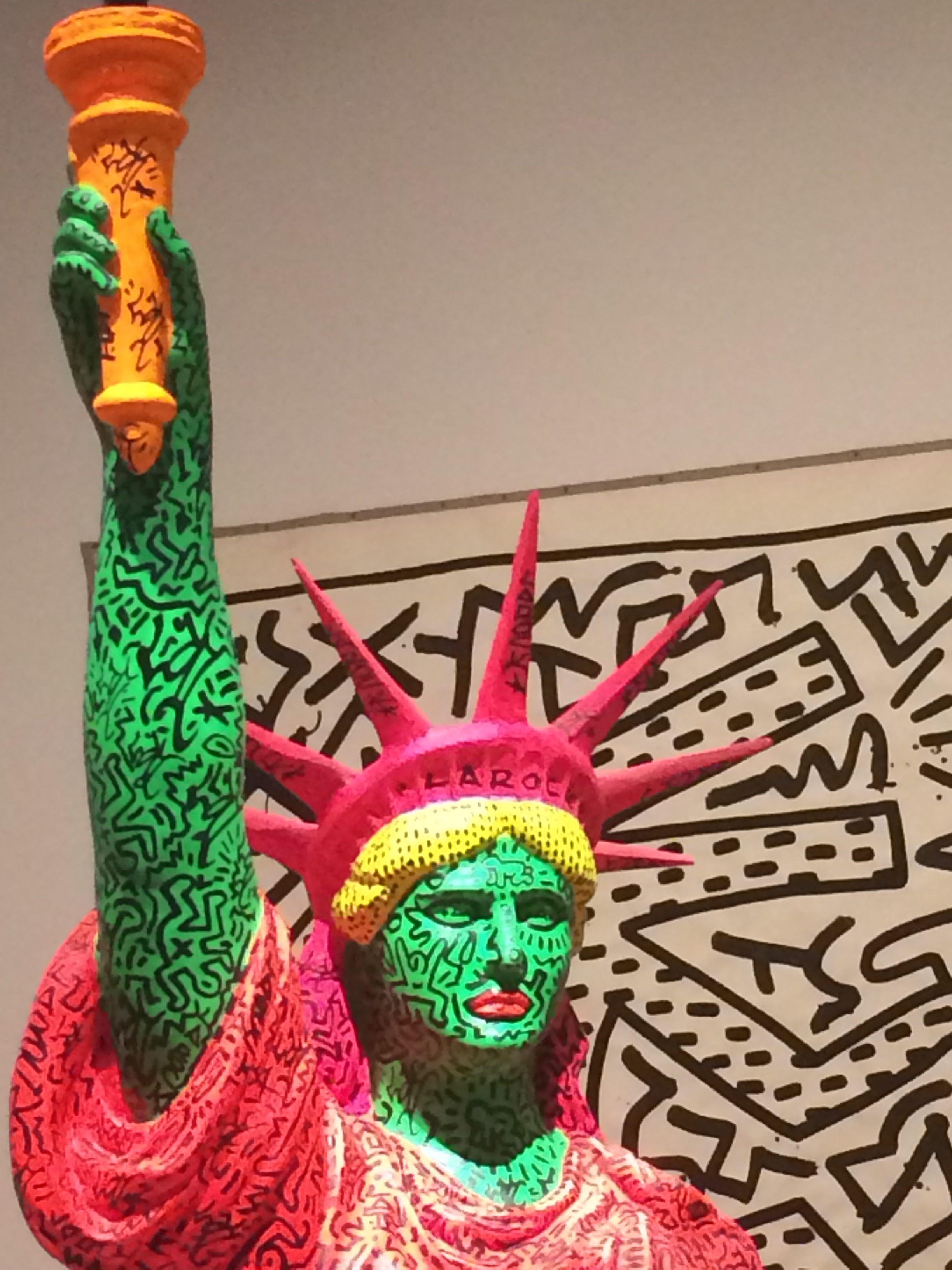
I was going to wait longer than two weeks after the Presidential Election of 2016 to tell this insider’s story about Hillary Clinton’s campaign for President.
The looming deadline of this Friday, November 25, for Clinton supporters to step-up and challenge questionable vote tallies and voter suppression tactics in Wisconsin, Michigan and Pennsylvania has compelled me to come forward now. Bold, legal actions on the part of the Clinton campaign—unlike the tepid response of Al Gore 16 years ago—hold the possibility of setting aside this year’s election results on the basis of constitutional and voting rights violations.
Whether or not the Clinton campaign has the courage to do it is another question entirely. What’s at stake is nothing less than American democracy, and the rights of free citizens to vote.
I experienced the campaign’s lack of courage first hand when I traveled to North Carolina to do Voter Protection for Hillary Clinton for the last four weeks before the election. As a Californian, with friends and former labor union colleagues in Raleigh, I chose to work in North Carolina—at my own expense—for two reasons: 1. The state’s history of voter suppression in the aftermath of the U.S. Supreme Court’s decision in Shelby; 2) the critical importance of North Carolina as a swing or “checkmate” state for the Clinton campaign.
The North Carolina Democratic Coordinated Campaign knew I was an activist writer when they agreed to take me on as a full-time, unpaid volunteer at their Raleigh, NC, headquarters. I was assigned to do Voter Protection, because of my law degree and my expressed interest in the area.
During my first week of working with the campaign, I studied the State’s Election Law, the Federal Judge’s July decision overturning North Carolina’s Voter “suppression” law of 2013 as “surgical discrimination,” and sat in on two training sessions for citizens volunteering to participate in voter protection activities at the polls. I was impressed by the volunteers: law-abiding, fellow Baby Boomers, passionately devoted to protecting people’s right to vote, as their civic duty.
On Sunday, October 16, following a terrific Voter Protection training session in Wilmington, NC, I awoke to the news that a GOP campaign office in Hillsborough, Orange County, was firebombed during the night. The office was rarely used by GOP campaign workers, a local Republican operative told me, and the message and technique of the single Molotov cocktail bombing was suspicious. Within hours of the bombing, Donald Trump took to twitter to pin the illegal act on “Hillary Clinton supporters” and “Democrats” with no evidence. Having worked with both of those groups, I knew those charges were patently false, and smacked of a too-quickly issued cover for a crime, still unsolved five weeks later.
So, I did what I do. I wrote about the incident as someone with first-hand knowledge of the decent people accused of a crime they did not commit. To me it smelled like the “Reichstag Fire,” of 1933, when the Nazi’s blamed the communists and Jews for starting a blaze in the German Parliament—a fire started by the Nazis themselves.
The National Memo, published my piece, and I circulated it on my blog and on medium.com. The piece was a powerful defense of the North Carolina Democrats and their respect for the rule of law and The National Memo’s headline reflected that: “Why North Carolina Democrats Would Never Bomb Orange County GOP Office.” Among the reasons I gave was that Orange County, NC—which contains the University of North Carolina– was one of the most reliably Democratic counties in the nation, giving Barack Obama over 70% of its vote each time he ran.
Monday morning, October 17, when the article was read by The National Memo’s 300,000 subscribers, the North Carolina Democratic Coordinated Campaign, was so upset by my article (particularly the paragraph where I wrote of the role the Reichstag Fire played in German political history) that they told me to either “take the piece down” or leave the campaign by the end of the day.
I refused to “take down” the piece, citing my First Amendment Rights to write what I pleased, both as a professional writer and as a private citizen. I was an unpaid volunteer doing Voter Protection, who traveled from California to North Carolina on my own dime and the campaign could not censor me. The Clinton Campaign’s 20-something-year-old- paid Communications Director for North Carolina was officious and inflexible, fearing any fallout that could come from my article. He insisted that I “take it down”, or leave the campaign office immediately. Again, I refused to “take my article down”—a preposterous request, since the piece had already been circulated nationwide around the internet. I was escorted out of the campaign’s Raleigh office by mid-afternoon.
I spend the rest of my four weeks in North Carolina extensively covering the elections across the state, interviewing Trump and Clinton voters, attending events from the State Fair to rallies with both Obamas, Elizabeth Warren and Hillary Clinton, closely examining the history of voter suppression of African American voters in the state, and writing a half-dozen stories for various media outlets. I came away with an in-depth view of the kind of cautious, take-no-chances campaign waged by the Clinton team in North Carolina and across the nation, that made it possible for the hard-hitting, take-no-prisoners Trump campaign to prevail—at least until now.
Whether the Clinton camp musters the courage to challenge clear voting rights violations in several key swing states which tipped the Electoral College to the candidate trailing by two million popular votes, will determine if the nation will pay the price for a campaign afraid of its own shadow.


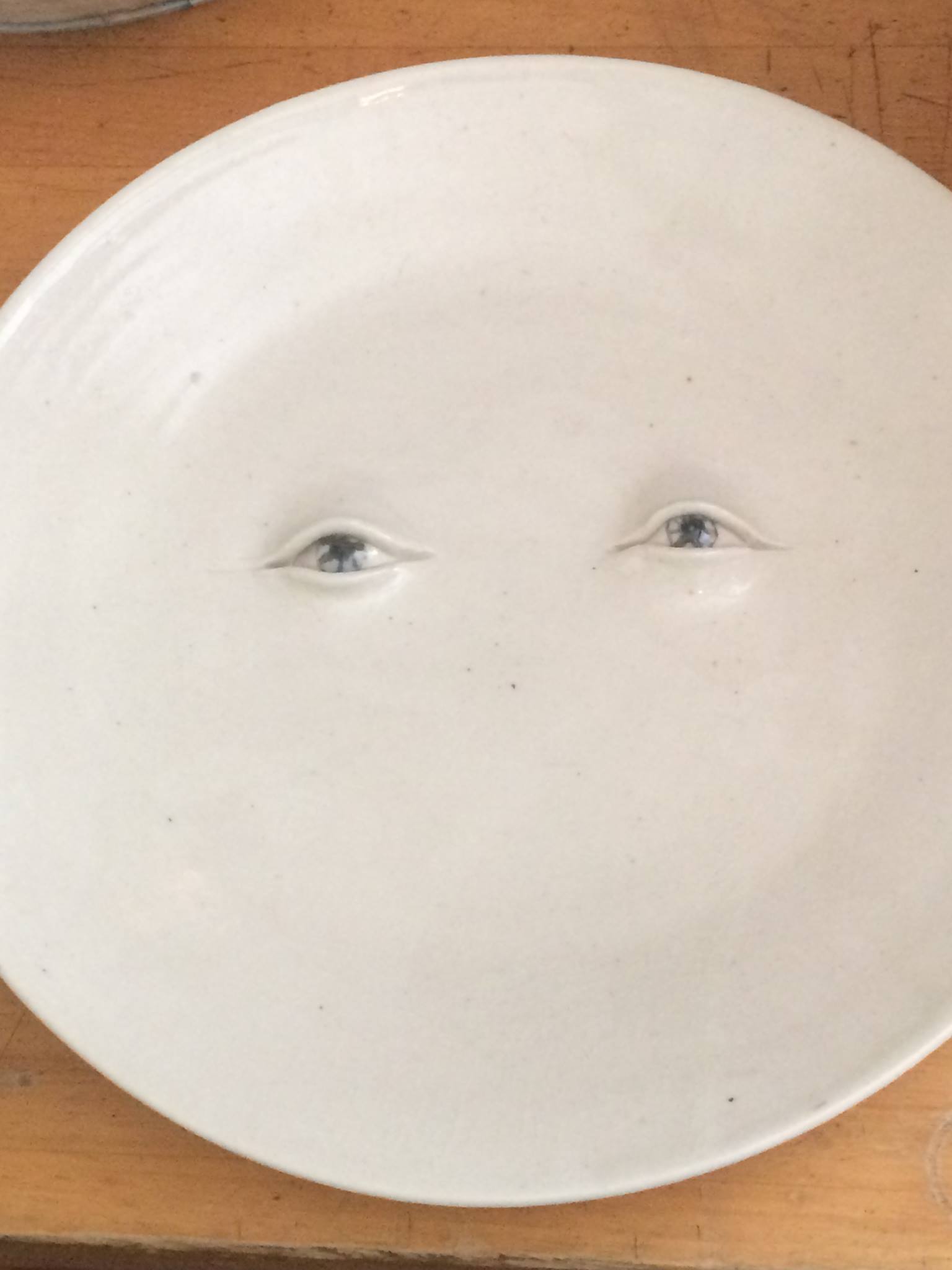
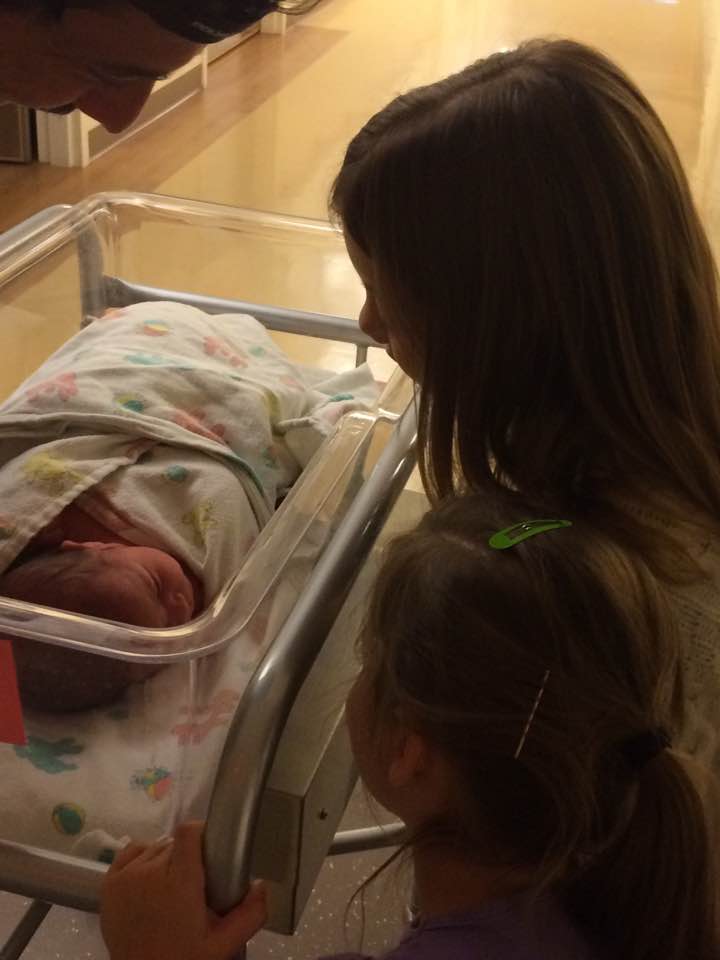 I grew quieter as the night grew longer, holding out the slimmest sliver of hope for a bunch of late votes to come in from Philadelphia or Detroit or Milwaukee or any pocket of promise where the optimism and beliefs of Blacks or Latinos, smart women and caring young men would save us from ourselves. I sat with a group of long-time friends in Raleigh, as we silently watched North Carolina slip away despite weeks and days and hours of work and passion to turn the lush, green state toward the sunlight, and away from the ominous elements of its dark past.
I grew quieter as the night grew longer, holding out the slimmest sliver of hope for a bunch of late votes to come in from Philadelphia or Detroit or Milwaukee or any pocket of promise where the optimism and beliefs of Blacks or Latinos, smart women and caring young men would save us from ourselves. I sat with a group of long-time friends in Raleigh, as we silently watched North Carolina slip away despite weeks and days and hours of work and passion to turn the lush, green state toward the sunlight, and away from the ominous elements of its dark past.